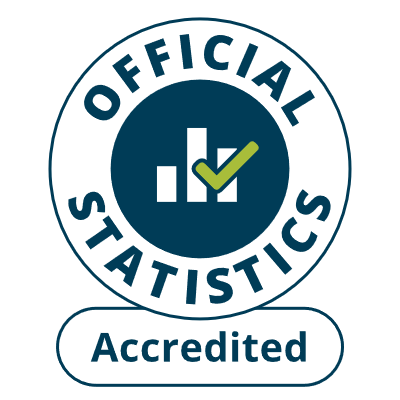
 Indicator data by Rural/Urban Settlement Classification - All Domains
Indicator data by Rural/Urban Settlement Classification - All Domains
None
|
||||||||||||||||||||||||||||||||||||||||||||||||||||||||||||||||||||||||||||||||||||||||||||||||||||||||||||||||||||||||||||||||||||||||||||||||||||||||||||||||||||||||||||||||||||||||||||||||||||||||||||||||||||||||||||||||||||||||||||||||||||||||||||||||||||||||||||||||||||||||||||||||||||||||||||||||||||||||||||||||||||||||||||||||||||||||||||||||||||||||||||||||||||||||||||||||||||||||||||||||||||||||||||||||||||||||||||||||||||||||||||||||||||||||||||||||||||||||||||||||||||||||||||||||||||||||||||||||||||||||||||||||||||||||||||||||||||||||||||||||||||||||||||||||||||||||||||
Metadata
- Summary information
- High level information
- Weblinks
- Keywords
- Statistical quality information
- Open Data
General description
The data here is for the underlying indicators that feed into the Welsh Index of Multiple Deprivation (WIMD).WIMD is the Welsh Government’s official measure of relative deprivation for small areas in Wales. It is designed to identify small areas where there are the highest concentrations of several different types of deprivation.
The full index is only updated every 4 to 5 years but many of the indicators are updated in the interim period and some are updated annually.
All indicators are available down to Lower Super Output Area level. This is a geography that is built from census data – it aims to outline small areas with a population between 1,000 and 3,000 people.
Data collection and calculation
There are various different methods for the different indicators – please see the WIMD 2019 Technical Report on the weblinks tab for more information.Data reference periods
The reference periods differ across the indicators - please see the WIMD 2019 Technical Report on the weblinks tab for more information.Users, uses and context
Please see the WIMD 2019 Publication on the weblinks tab for more information on users and uses and context.Rounding applied
Please see the WIMD 2019 Technical Report on the weblinks tab for more information.Title
WIMD Indicator Data – Rural Urban ClassificationsLast update
19/12/2019Next update
TBCPublishing organisation
Welsh GovernmentSource 1
Welsh Index of Multiple Deprivation, Welsh GovernmentContact email
stats.inclusion@gov.walesDesignation
National StatisticsLowest level of geographical disaggregation
Lower-layer super output areasGeographical coverage
WalesLanguages covered
English and WelshData licensing
You may use and re-use this data free of charge in any format or medium, under the terms of the Open Government License - see http://www.nationalarchives.gov.uk/doc/open-government-licenceWeblinks
https://gov.wales/welsh-index-multiple-deprivationhttps://gov.wales/welsh-index-multiple-deprivation-index-guidance
https://gov.wales/welsh-index-multiple-deprivation-indicator-guidance -Note that the indicator guidance on this page relates to WIMD 2014, some of which will still be relevant. WIMD 2019 Indicator guidance will be updated in January 2020.







 People in income deprivation (%)
People in income deprivation (%)